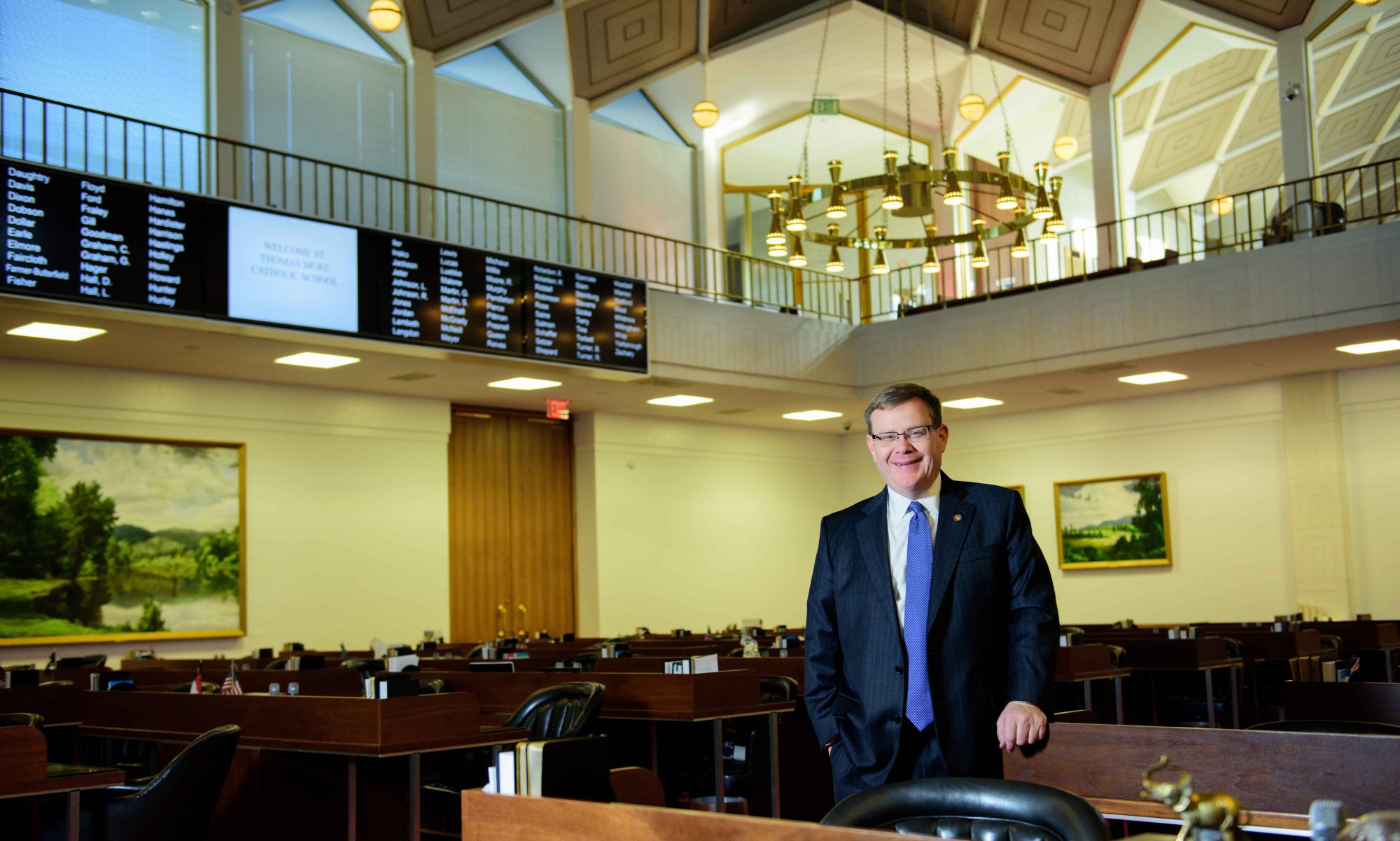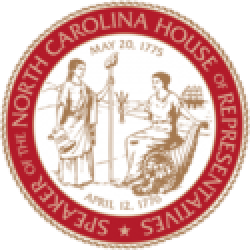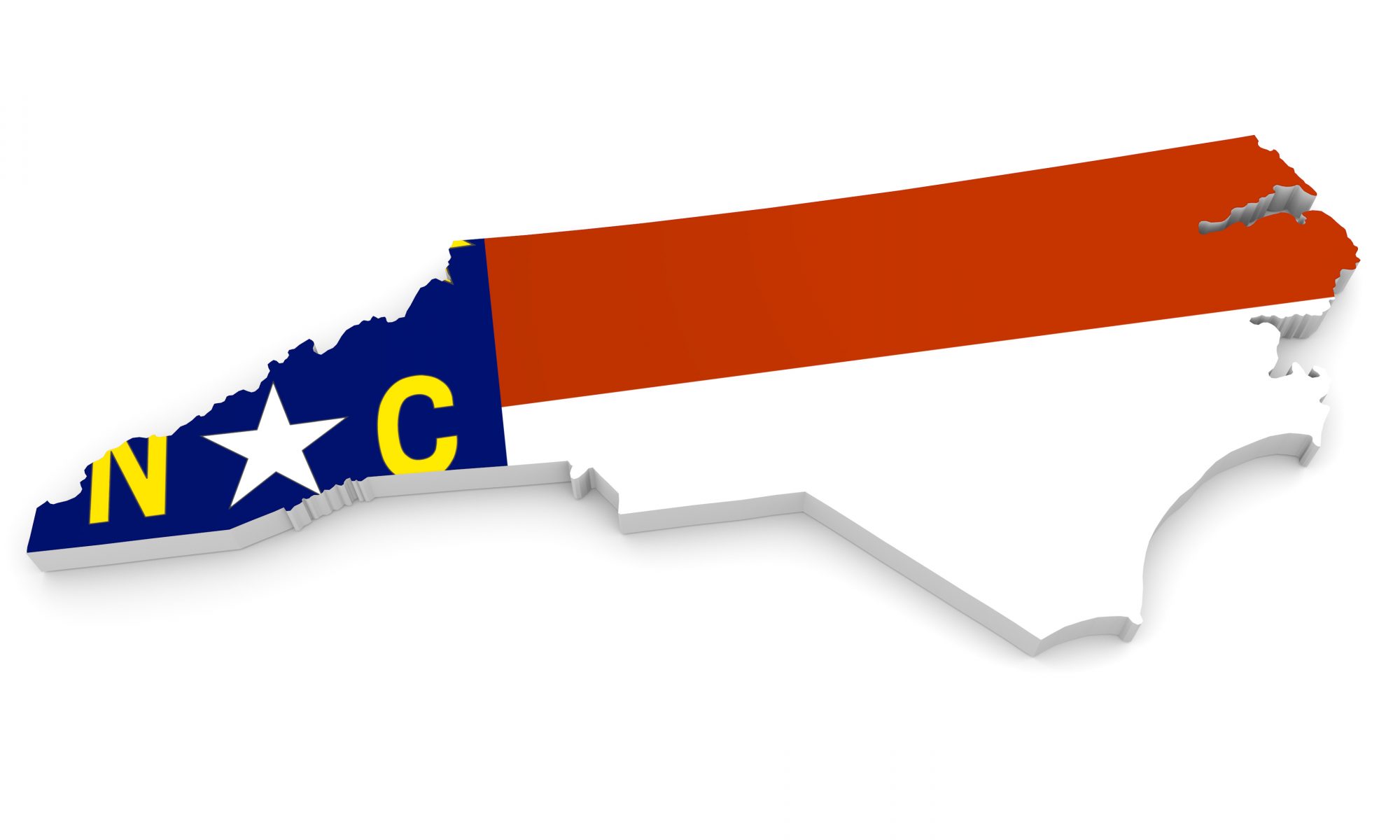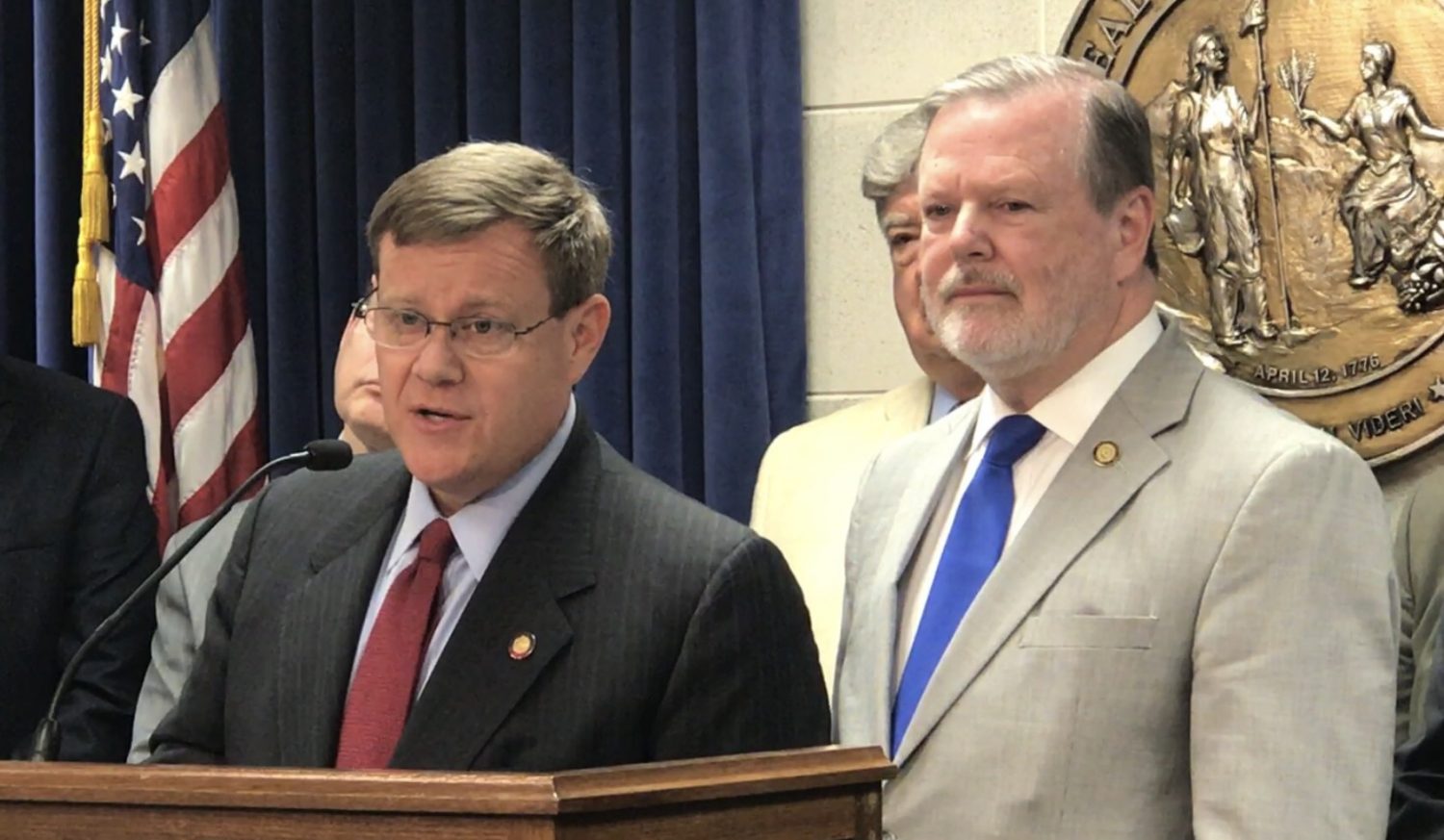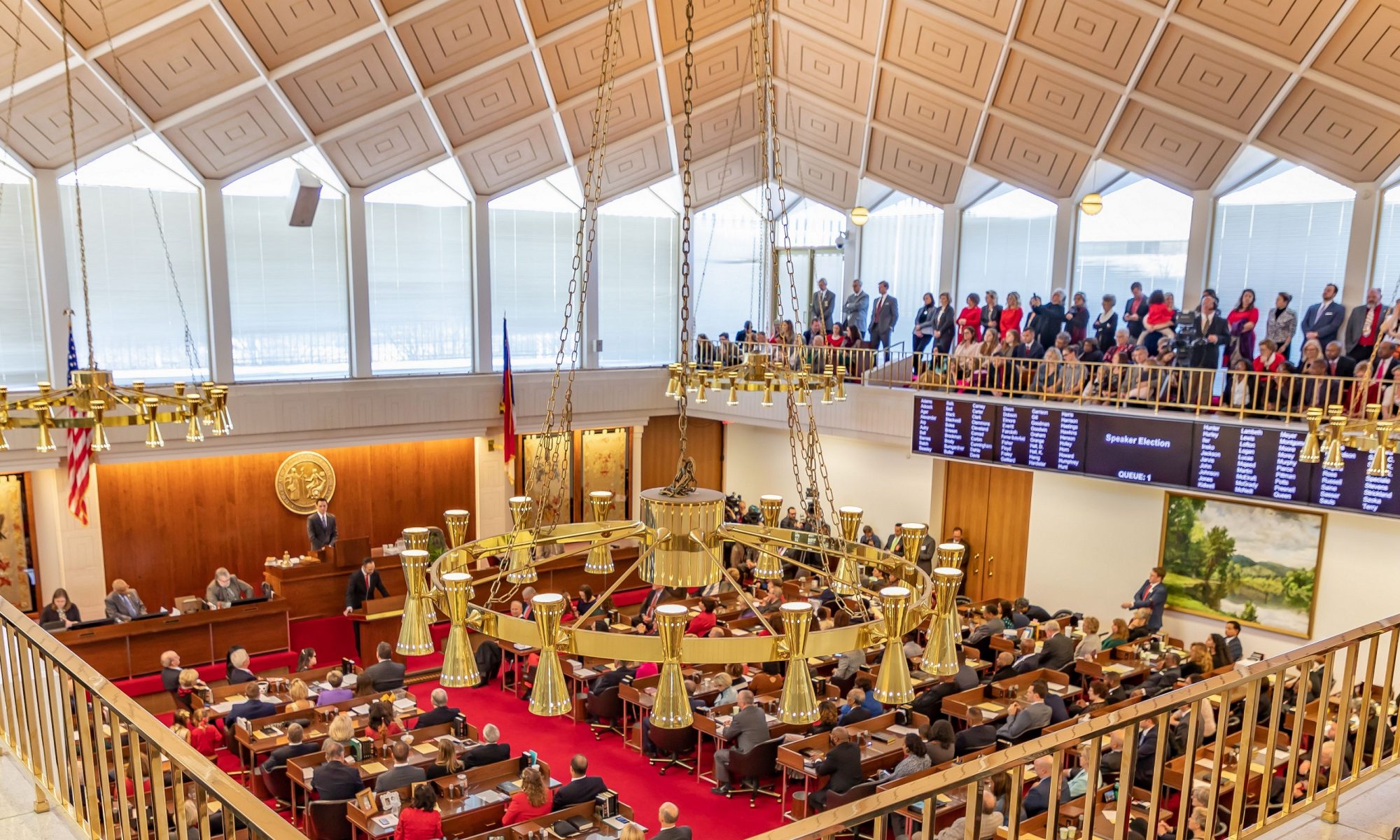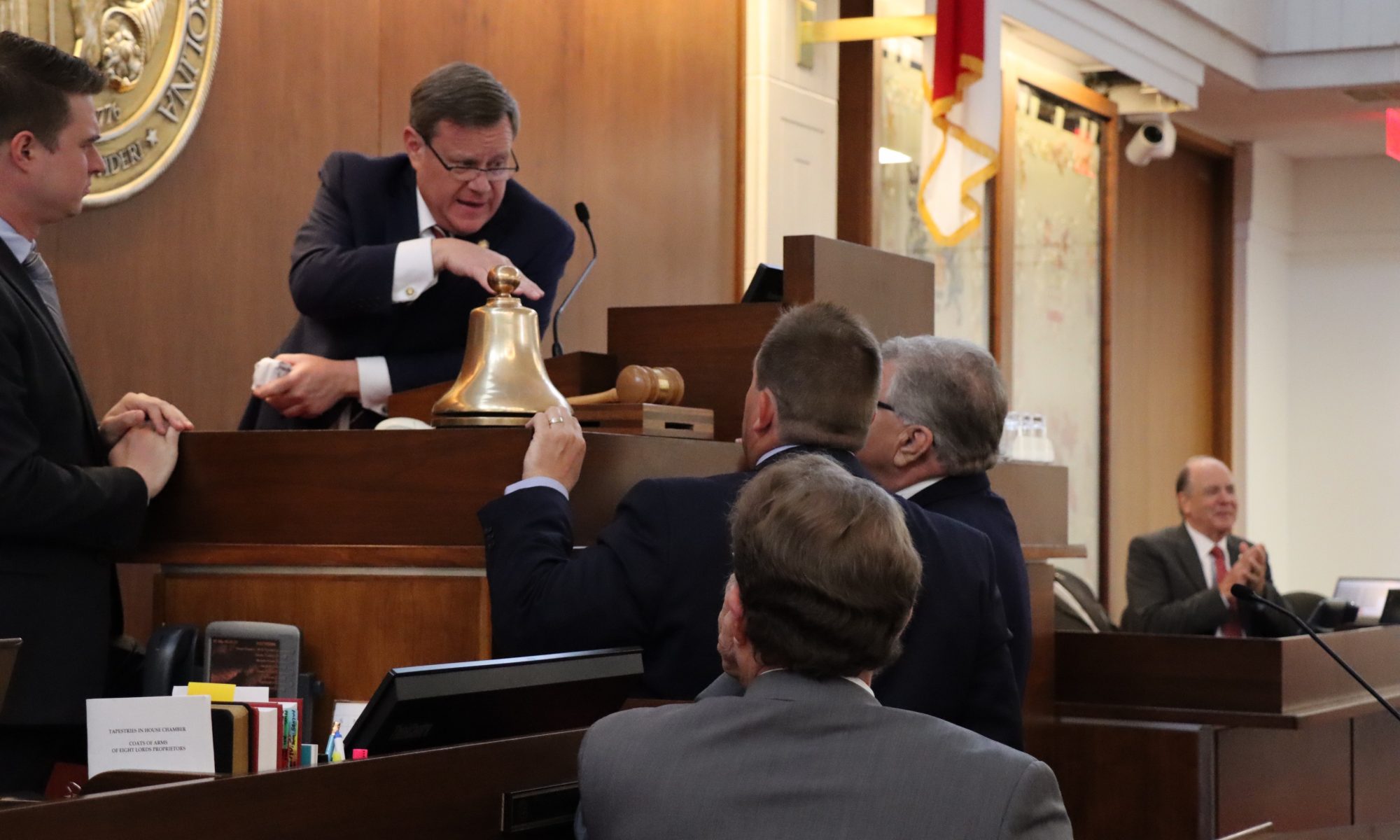Today the North Carolina House approved the North Carolina Farm Act to support agriculture communities across North Carolina.
The North Carolina Farm Act of 2021-22 represents the crucial role of farming families, with various changes to laws applicable to agriculture, forestry, and the Department of Agriculture and Consumer Services.
The Farm Act includes the following key reforms:
- Clarifies that a local government may either make decisions about establishment and modification of voluntary agricultural districts or delegate that authority to an agricultural advisory board.
- Allows local governments to grant agricultural advisory boards the authority to execute agreements with landowners necessary for enrollment of land in a voluntary agricultural district.
- Allows magistrates to waive trials for state forest rule offenses.
- Exempts fires started for cooking, warming, or ceremonial events from open burning laws.
- Modifies overtime policy for North Carolina Forest Service employees/
- Increases punishment for timber larceny and increase civil penalties for damaging timber or agricultural commodities.
- Requires timber buyers to provide a wood load ticket to sellers of certain wood products.
- Expands the laws enforced by the Department of Agriculture and consumer services law enforcement officers.
- Creates a new general permit for farms with farm digester systems.
- Requires production of electronic records for Department of Agriculture and consumer services record audits.
North Carolina House Speaker Tim Moore (R-Cleveland) said, “North Carolina agriculture sustains our communities, provides a source of wellness and good health to North Carolina families, and is an essential driver to the economic health of our state.”
He continued, “The General Assembly acknowledges the vital role that farmers play in our communities and we will continue to support them.”
Rep. Jimmy Dixon (R- Duplin) said, “We know that agriculture is number one in our state, and this bill is a common-sense approach to maintaining a safe, economical, sustainable supply of food in North Carolina.”
The bill is now returned to the Senate.
